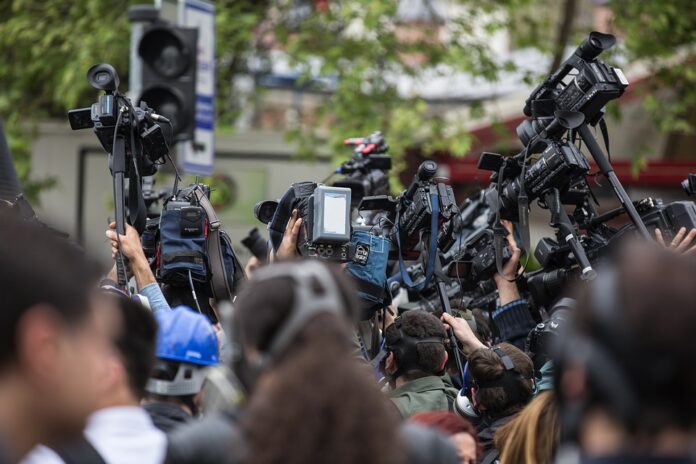NEW YORK – The human rights crisis in the world in 2022 deepened with the war in Ukraine, the insistence on the „zero covid“ policy, and the rule of the Taliban in Afghanistan, it was concluded in a world report published by international non-governmental organization Human Rights Watch (HRW).
In its 33rd Report, HRW monitored the state of human rights in 2022 in 100 countries, including three from the Western Balkans – Bosnia and Herzegovina, Kosovo and Serbia.
According to the Report, the state of human rights in the region is still marked by slow prosecution of war crimes, poor attitude towards the rights of minorities, women and the LGBT community, and weak media freedoms.
In the part of the Report on BiH, HRW stated that the authorities failed to prioritize the issue of human rights during the past year. Discrimination against minorities is noted, which is still present. HRW added that the processing of war crimes is still slow.
The Report underlined the lack of progress in the rule of law and electoral reform in BiH.
„After polls closed on election day, 2 October, the OHR imposed further election changes, provoking widespread criticism, including the timing. The measures fail to address long-standing political discrimination against Jews, Roma, and other minorities who are barred from standing for the Presidency, notwithstanding the modest increase in the number of seats for such minorities in the upper house of the Federation Parliament“, HRW stated.
The Report recalled that the Organization for Security and Co-operation in Europe (OSCE) recorded 91 hate crimes based on ethnicity or religion between January and June, four involving physical violence. They added that at the time of writing, 13 hate crime trials were ongoing, and one person was convicted in 2022.
In the part of the Report about Kosovo, HRW stated that there was slow progress on accountability for wartime abuses. It is said that four war crimes were pending before the Hague-based international Specialist Chambers for Kosovo against eight former members of the Kosovo Liberation Army (KLA), including former Kosovo President Hashim Thaci.
The Report recalled that tensions in Kosovo flared after local authorities ordered that ethnic Serbs in the north may not enter Kosovo with Serbian-issued iDs or licence plates.
„Ethnic Serbs raised barricades close to the border in protest, and Kosovo authorities kept border crossings closed until barricades were lifted“, the Report said. HRW stated that journalists continued to face attacks, harassment, and threats with a poor state response.
The problem of domestic violence stands out as an example of human rights violation in Kosovo. According to the Report, victims encounter obstacles and do not receive adequate protection. The Report pointed out the failure of judges to issue restraining orders for abusers to approach victims.
Regarding the state of human rights in Serbia, Report concludes that independent journalists continued to face intimidation, threats and violence. At the same time, war crimes prosecutions remained slow, inefficient, and marred by delays. The Report underlined that the position of the LGBT community is still inadequate.
„Journalists critical of the government continued to face threats and attacks with inadequate state response. Between January and late August, the Independent Journalists Association of Serbia (NUNS) registered two physical attacks, three attacks on property, and 26 cases of intimidation and threats, including five bomb threats, against journalists and media outlets“, Report stated.
HRW added that pro-government media in Serbia continued smear campaigns against independent journalists and outlets in connection with reporting critical of the government.








